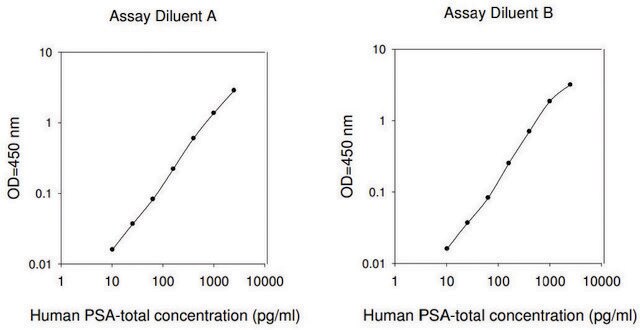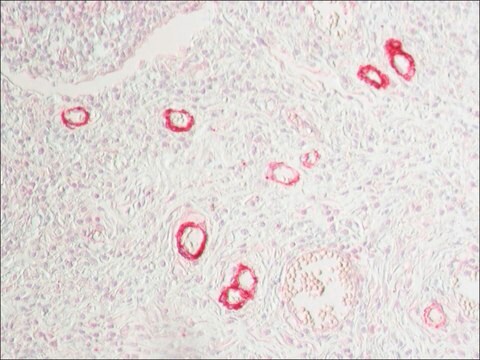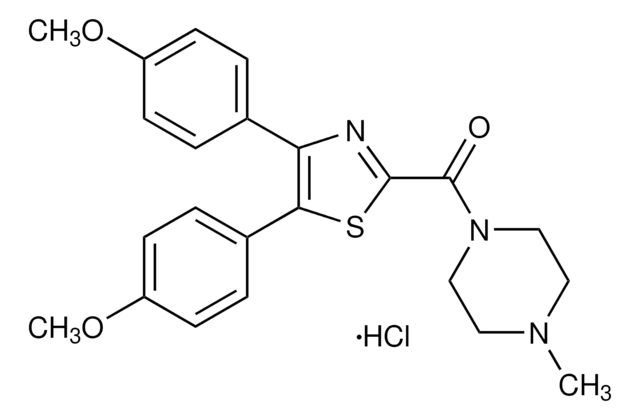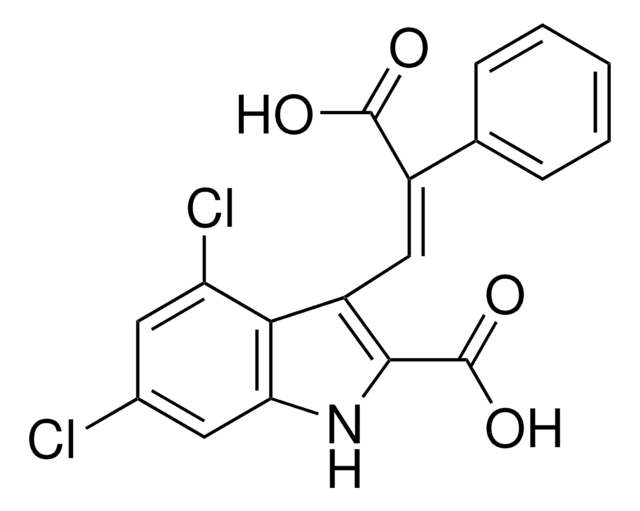F6550
Anti-FLIPα, C-Terminal antibody produced in rabbit
IgG fraction of antiserum, buffered aqueous solution
Synonym(s):
Anti-CASH, Anti-CLARP, Anti-Casper, Anti-FLAME-1, Anti-I-FLICE
Sign Into View Organizational & Contract Pricing
All Photos(1)
About This Item
conjugate:
unconjugated
application:
WB
clone:
polyclonal
species reactivity:
human
citations:
5
technique(s):
western blot: 0.5 μg/mL using human HeLa cell extract
Recommended Products
biological source
rabbit
Quality Level
conjugate
unconjugated
antibody form
IgG fraction of antiserum
antibody product type
primary antibodies
clone
polyclonal
form
buffered aqueous solution
mol wt
antigen 55 kDa
species reactivity
human
technique(s)
western blot: 0.5 μg/mL using human HeLa cell extract
UniProt accession no.
shipped in
dry ice
storage temp.
−20°C
target post-translational modification
unmodified
Gene Information
human ... CFLAR(8837)
Specificity
By immunoblotting, the antibody detects human FLIPα (FLICE-inhibitory protein).
Immunogen
synthetic peptide corresponding to amino acids 447-464 of human FLIPα/FLIPL.
Application
Anti-FLIPα, C-Terminal antibody is suitable for:
- western blotting of whole L540 cell extracts to detect c-flip activity in the regulation of NF-κB distribution and activity by 5F11 and bortezomib
- immunohistochemistry analysis to study the optimization of c-FLIP activity in lymphoma cells
- immunohistochemical cytoplasmic c-Flip staining to detect c-FLIP expression in Burkitt′s lymphoma (BL) may be a reliable prognostic marker
- western blot analysis at a concentration of 0.5μg/mL using human HeLa cell extract.
Physical form
Solution in phosphate buffered saline containing 0.02% sodium azide
Disclaimer
Unless otherwise stated in our catalog or other company documentation accompanying the product(s), our products are intended for research use only and are not to be used for any other purpose, which includes but is not limited to, unauthorized commercial uses, in vitro diagnostic uses, ex vivo or in vivo therapeutic uses or any type of consumption or application to humans or animals.
Not finding the right product?
Try our Product Selector Tool.
Storage Class Code
10 - Combustible liquids
WGK
WGK 2
Flash Point(F)
Not applicable
Flash Point(C)
Not applicable
Choose from one of the most recent versions:
Already Own This Product?
Find documentation for the products that you have recently purchased in the Document Library.
Marie-Blanche Valnet-Rabier et al.
British journal of haematology, 128(6), 767-773 (2005-03-10)
The World Health Organization Classification of Lymphoid Neoplasms identifies Burkitt's lymphoma/leukaemia (BL) as a single entity, characterized by unique clinical and genetic features that require specific high intensity chemotherapy regimens. Although remarkable successes in the treatment of the disease have
Boris Böll et al.
Blood, 106(5), 1839-1842 (2005-05-10)
5F11, a fully human monoclonal antibody directed against CD30, effectively induces killing of CD30-expressing lymphoma cell lines in vitro and in animal models. A recently conducted phase 1/2 study shows that 5F11 is well tolerated in heavily pretreated patients with
The fully human anti-CD30 antibody 5F11 activates NF-?B and sensitizes lymphoma cells to bortezomib-induced apoptosis.
Boris B et al.
Blood, 106(5) (2005)
I S van Houdt et al.
Histopathology, 51(6), 778-784 (2007-11-29)
Inhibition of apoptosis is important in the pathogenesis of lymphomas. c-FLIP, a regulator of caspase 8-mediated apoptosis, plays an important role in protecting normal B and T cells from apoptosis and possibly also in lymphomas. Because of contradictory reports about
Daniela Vittori et al.
Cell biology international, 34(6), 621-630 (2010-03-12)
The TNF-alpha (tumour necrosis factor) affects a wide range of biological activities, such as cell proliferation and apoptosis. Cell life or death responses to this cytokine might depend on cell conditions. This study focused on the modulation of factors that
Our team of scientists has experience in all areas of research including Life Science, Material Science, Chemical Synthesis, Chromatography, Analytical and many others.
Contact Technical Service








